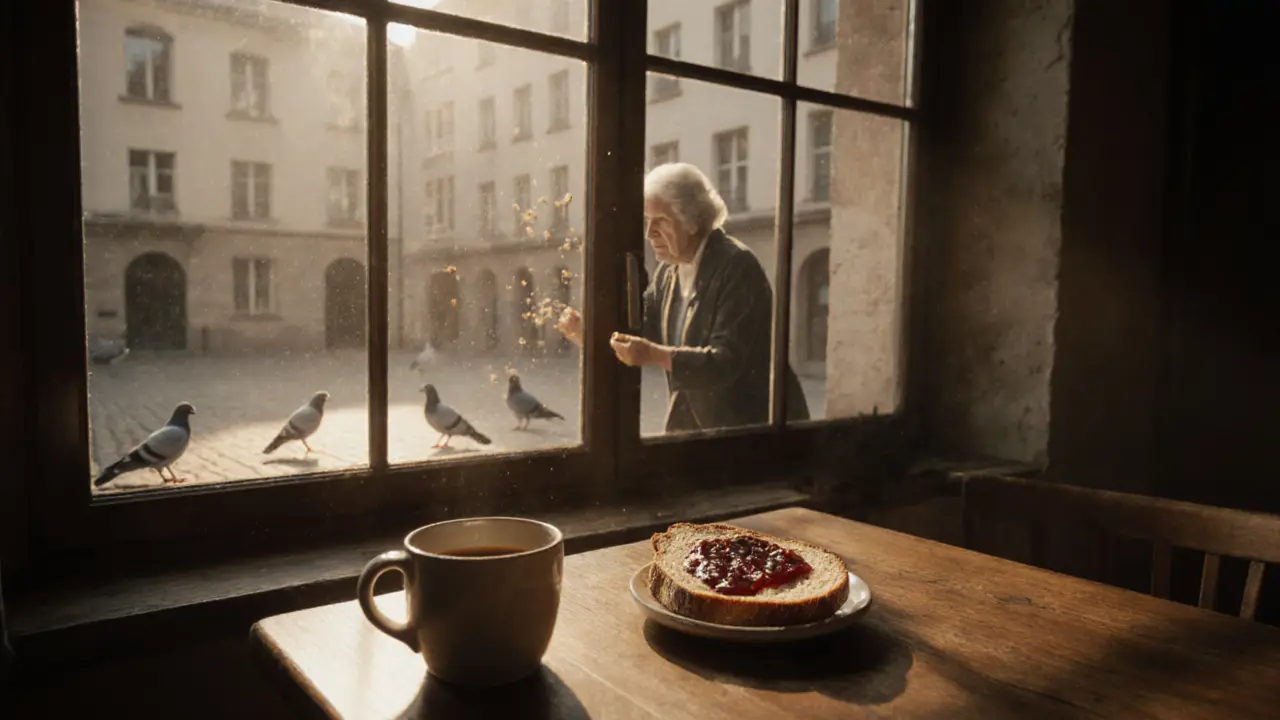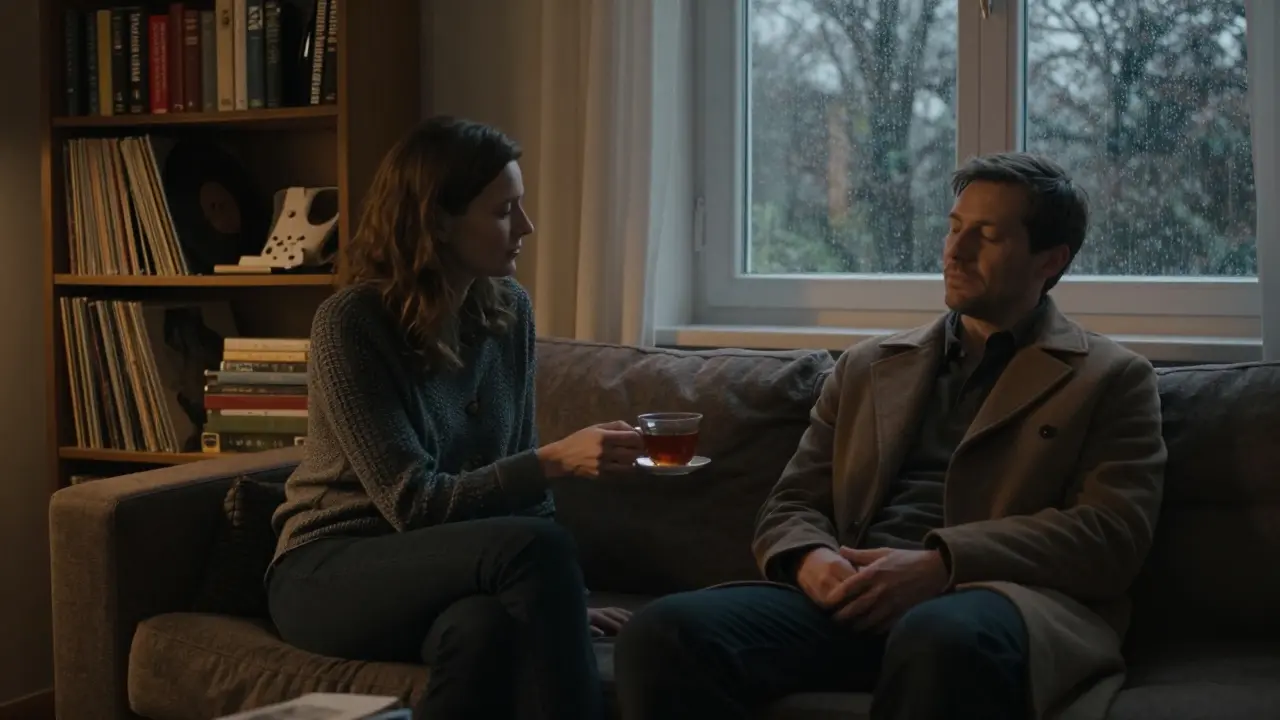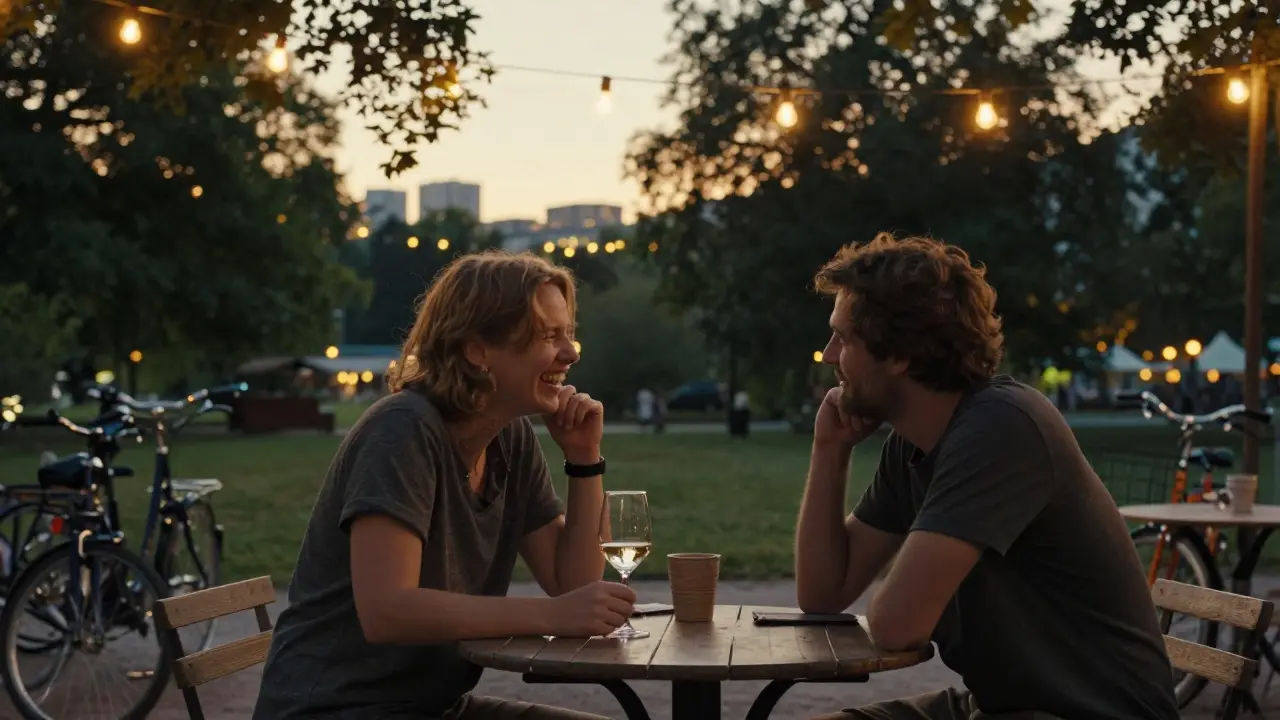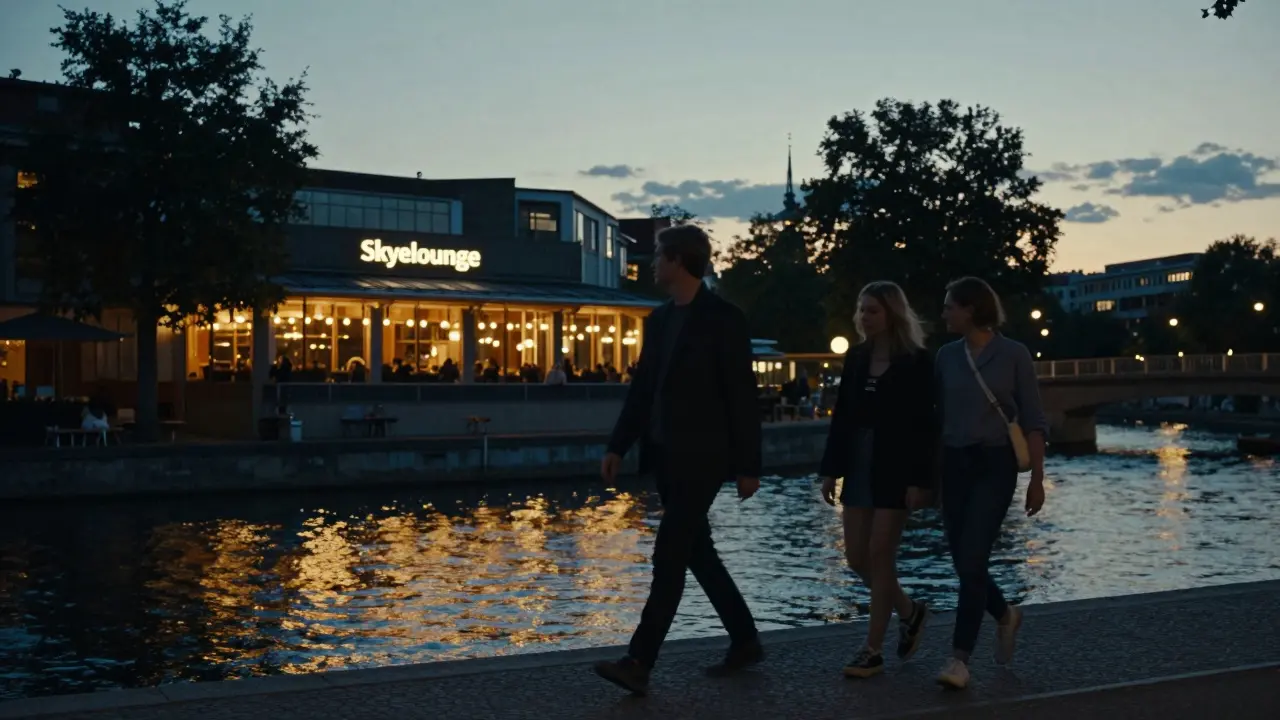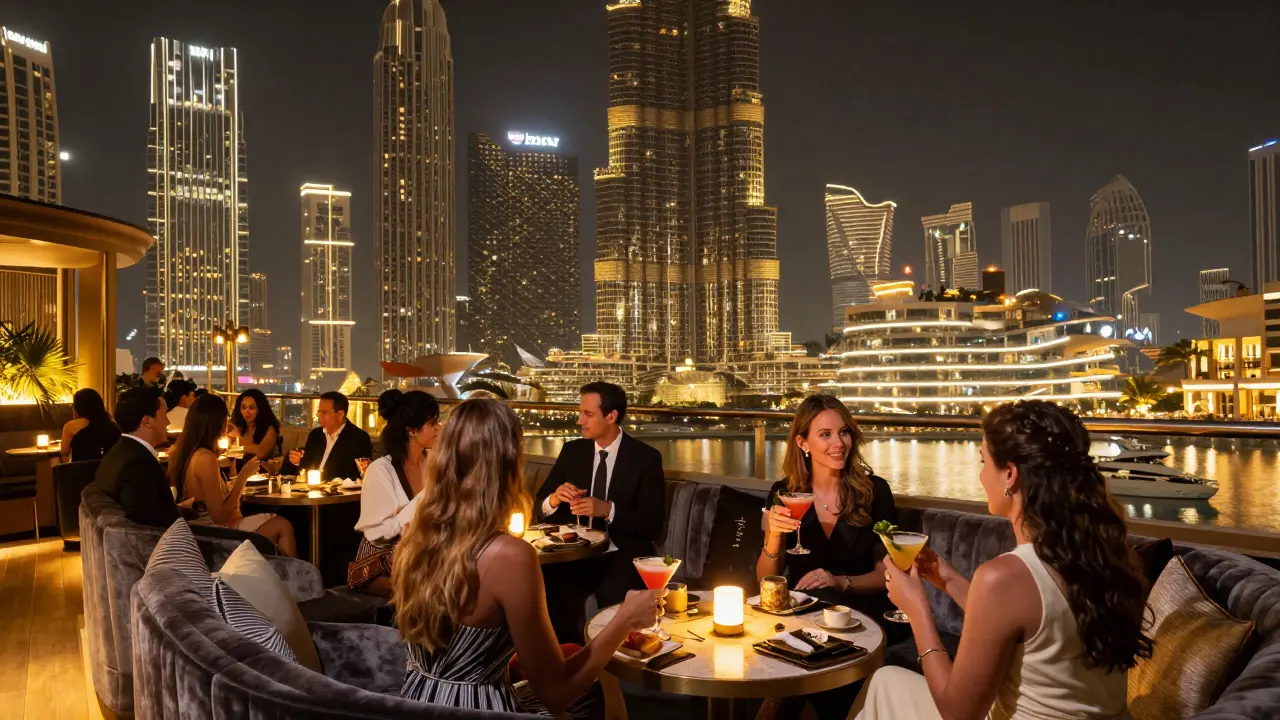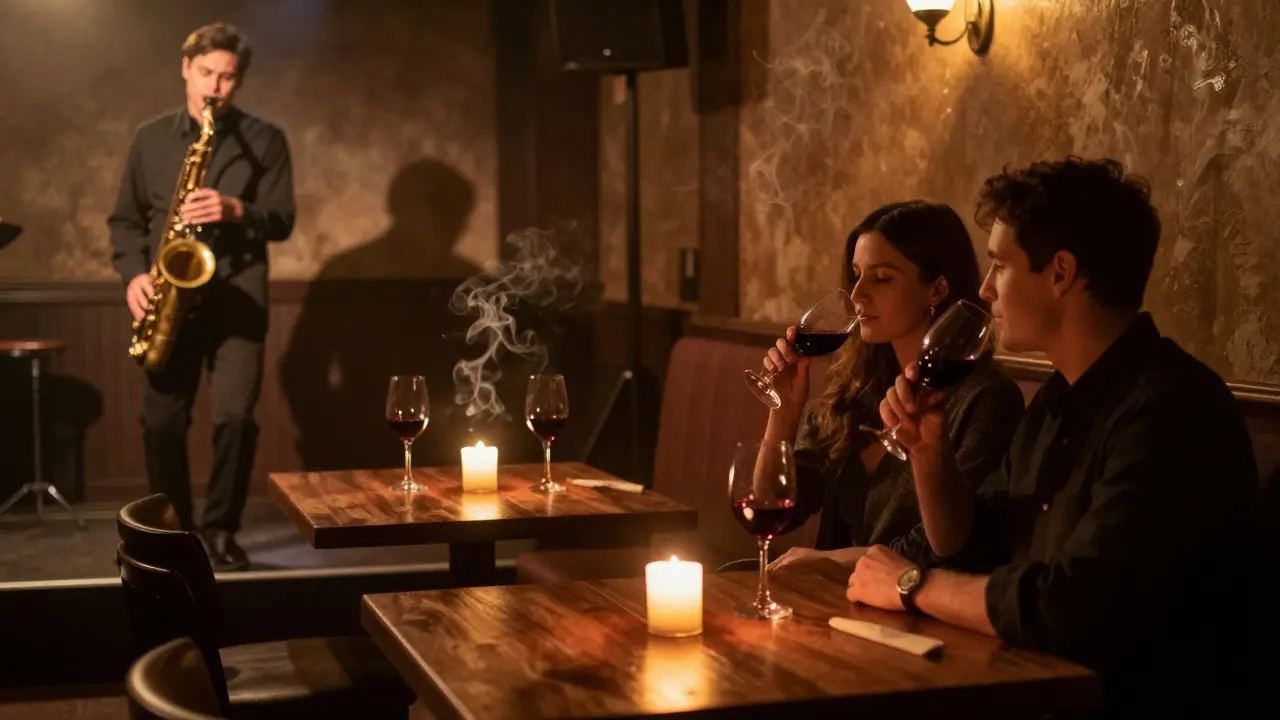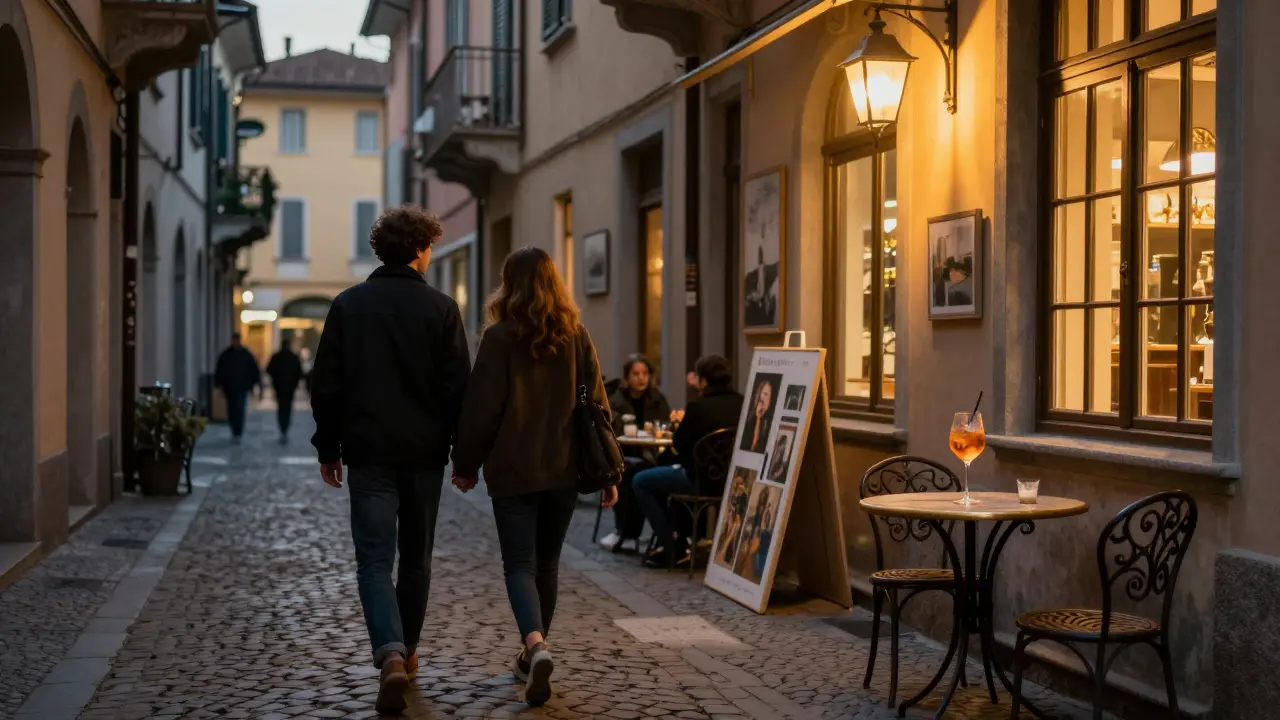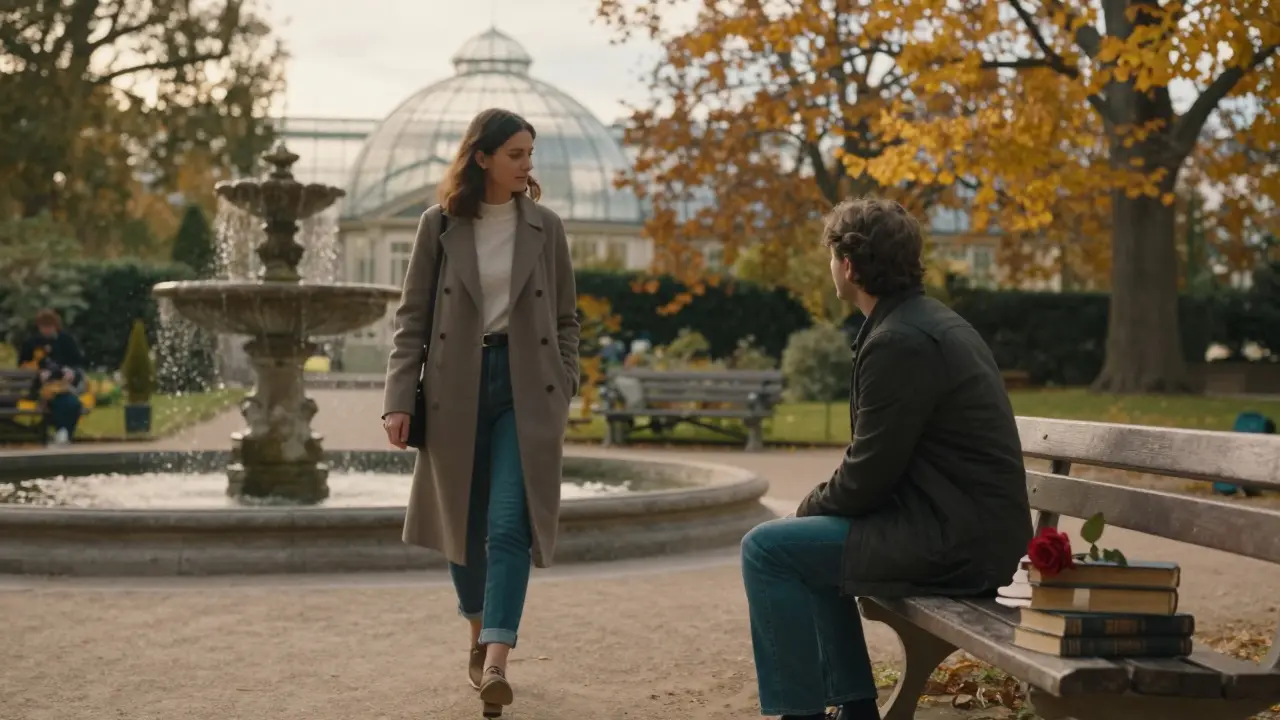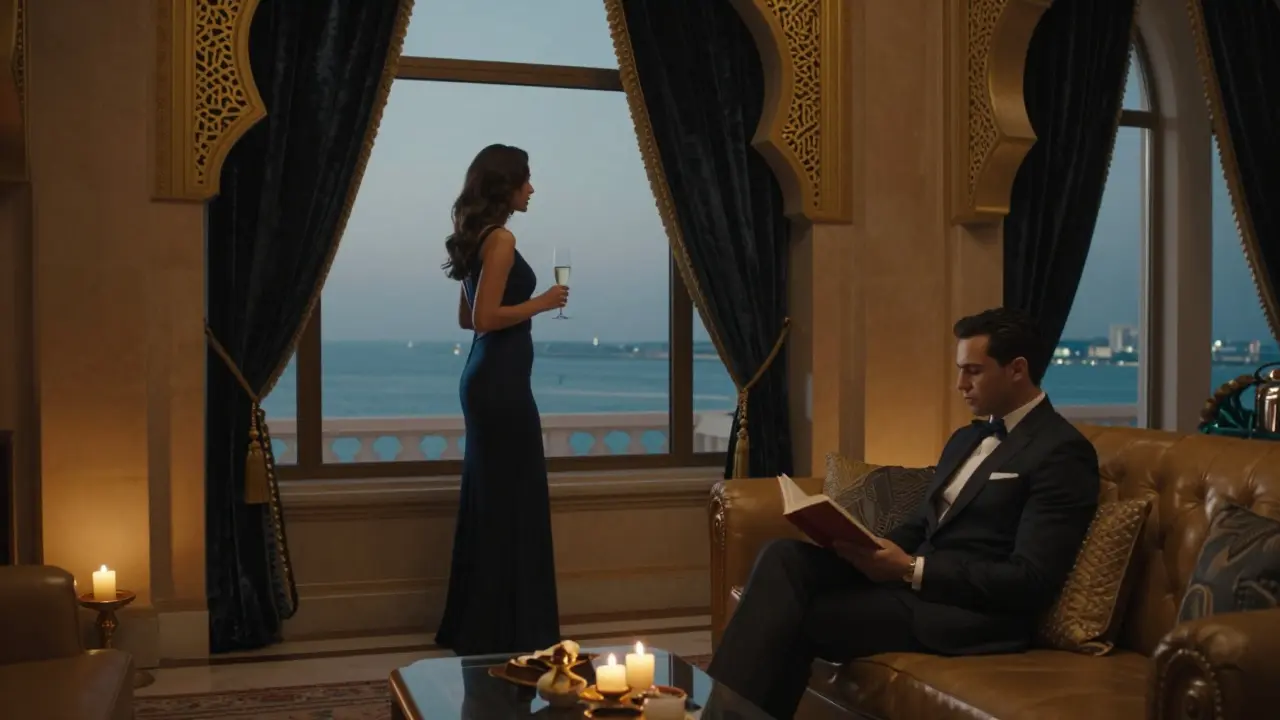Most people think of Berlin as museums, beer halls, and techno clubs-but if you’re looking for something quieter, more personal, and deeply local, the city has a different rhythm. This isn’t about tourist traps or crowded squares. It’s about slow mornings, intimate cafés, and secret corners where the real Berlin breathes. Whether you’re here with someone special or just want to feel the city on your own terms, this guide is built for those who want more than a checklist.
Friday Night: Arrive Like You Belong
- Check into a boutique hotel in Mitte or Prenzlauer Berg-places like Hotel am Steinplatz or Hotel Oderberger feel lived-in, not branded. No neon signs, no lobby music. Just quiet rooms with thick curtains and old wooden floors.
- Walk to Markthalle Neun after 8 PM. It’s closed to the public by then, but the staff at Die Kantine, tucked inside, still serve warm pork belly sandwiches and local craft beer. Ask for the chef’s special. They’ll give it to you.
- Don’t go to a nightclub. Instead, find Bar Tausend in Kreuzberg. It’s hidden behind a door with no sign. You need to know the password. Ask the bartender for it. They’ll smile and say, "It’s the name of the street you’re on."
Berlin doesn’t reward the loud. It rewards the curious.
Saturday Morning: Coffee, Quiet, and the River
Wake up without an alarm. Let the light through the blinds. Walk to Alte Molkerei in Prenzlauer Berg. Their coffee is roasted in-house, served in thick ceramic mugs, and paired with rye bread and house-made jam. Sit by the window. Watch the old women feed pigeons in the courtyard. No one rushes here.
After coffee, take the tram to Spreeufer near Treptower Park. Walk along the river. Don’t go to the Soviet memorial unless you want crowds. Instead, find the bench near the old boat house. Sit. Watch the water. Berlin’s history doesn’t shout here-it lingers in the rust on the railings and the way the light bends over the water at 10:17 AM.
Saturday Afternoon: Art That Doesn’t Ask for Permission
The East Side Gallery is packed. Skip it. Go to Werkstatt der Kulturen in Neukölln. It’s a former factory turned into a space for migrant artists. No entry fee. No brochures. Just paintings, poetry, and music from people who built their lives here after leaving everything behind. Talk to the woman selling handmade scarves. She’s from Syria. She’ll tell you about the first time she heard Berlin rain on her roof. You’ll remember that.
Then, head to Teufelsberg. It’s an abandoned NSA listening station on a man-made hill made of WWII rubble. The graffiti here isn’t tagged-it’s painted like murals. Some say it’s the most honest art in the city. Climb to the top. The view of Berlin from here isn’t postcard-perfect. But it’s real.
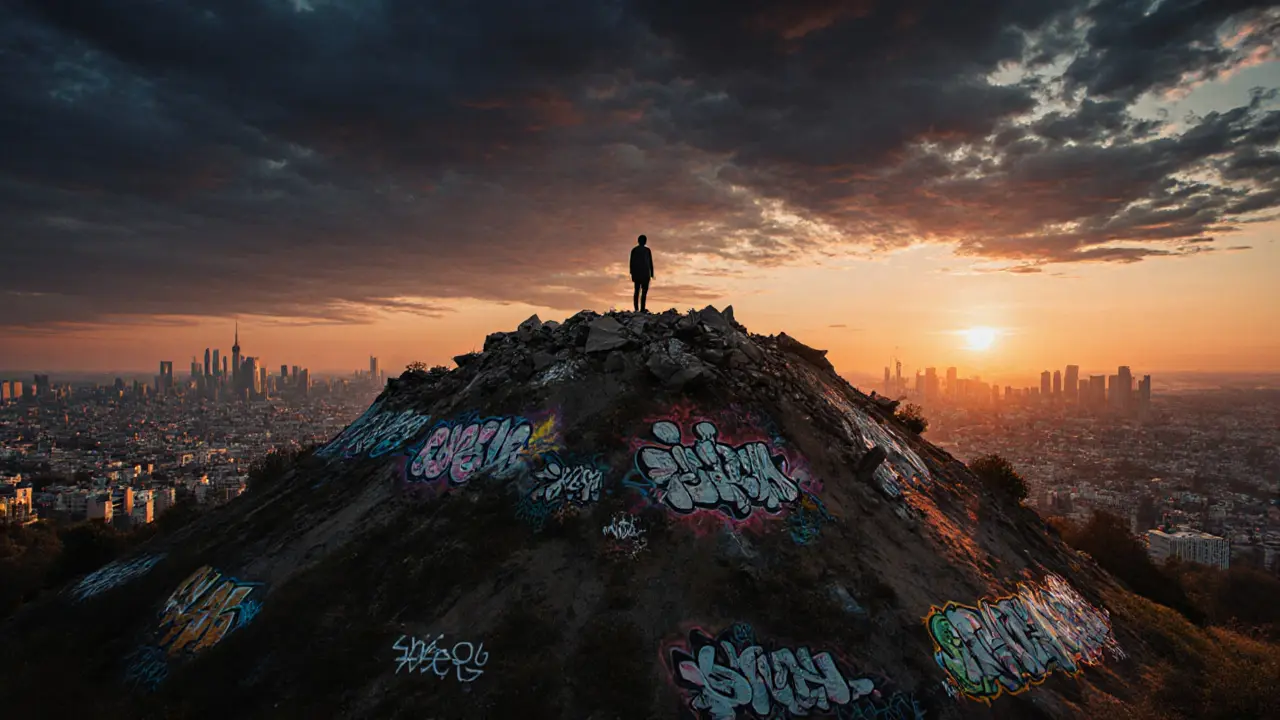
Saturday Evening: Dinner That Feels Like a Secret
Make a reservation at Wirtshaus am Eimer in Charlottenburg. It’s tiny. Only six tables. The menu changes daily. You won’t find it on Google Maps. Ask for the table by the window. The chef, a retired opera singer from Dresden, will bring you venison with blackberry reduction and a glass of Riesling he distilled himself. He won’t tell you how long it took to make it. You’ll understand why.
After dinner, walk to Tempelhofer Feld. The old airport. Now a park. People bike. Fly kites. Lie on the grass. At night, the runway lights come on softly. No music. No vendors. Just the sound of footsteps on gravel and distant laughter. Sit on the old control tower steps. Look up. Berlin’s sky is darker than you think.
Sunday Morning: The Last Quiet Hour
Go to Leipziger Straße 23. It’s a tiny bookstore with no sign. Just a wooden door and a bell. Inside, the owner, a man in his 70s, sells only books he’s read. He’ll hand you a thin volume of German poetry from 1928. "This one," he’ll say, "is about loneliness. And how it changes when you’re not alone in it." You’ll buy it. You’ll carry it home.
Then, find the last tram to the edge of the city. Get off at Wannsee. Walk to the lake. Sit on the wooden bench near the reeds. Buy a pastry from the old woman who sells them from a cart. Eat it slowly. The water is still. The air smells like wet earth and pine. This is where Berlin ends. And where it begins again.
Why This Works
This isn’t a guide to seeing Berlin. It’s a guide to feeling it. The city doesn’t need you to check off the Brandenburg Gate or the Berlin Wall Memorial. It needs you to sit still long enough to notice the way the light hits the bricks on a quiet street at 4 PM. To hear the silence between the tram bells. To taste the jam on bread that someone made with their hands.
That’s what an escort in Berlin knows. Not because they’re paid to, but because they’ve learned that the best moments here aren’t advertised. They’re whispered. They’re found by accident. They’re kept by those who don’t rush.
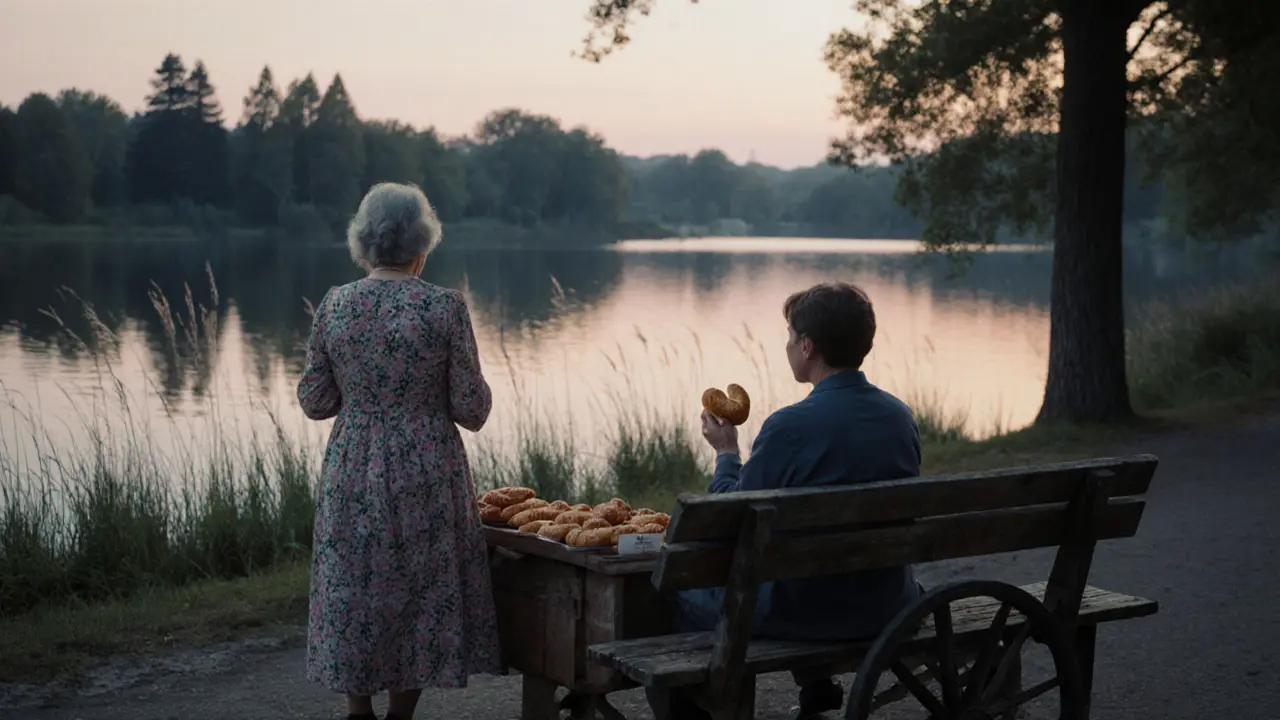
What to Pack
- Comfortable walking shoes-cobblestones don’t care how stylish you are.
- A light jacket-even in summer, Berlin evenings get chilly by the water.
- A small notebook. You’ll want to write down things you didn’t expect to remember.
- Cash. Many places still don’t take cards. Especially the good ones.
What to Leave Behind
- Expectations. Berlin doesn’t perform. It exists.
- Your phone’s map app. Get lost once. You’ll find something better.
- The need to document everything. Some moments aren’t meant for Instagram.
Final Thought
Berlin doesn’t give you a perfect weekend. It gives you a true one. And sometimes, that’s better.
Is it safe to explore Berlin alone as a visitor?
Yes, Berlin is one of the safest major cities in Europe. The streets are well-lit, public transport runs late, and locals are generally helpful. Just avoid isolated areas after midnight if you’re unfamiliar with the neighborhood. Most of the places mentioned in this guide are in safe, well-trafficked areas-even at night.
Do I need to speak German for this weekend?
No, but a few words go a long way. Saying "Guten Morgen" or "Danke" at cafés and small shops earns you smiles and sometimes extra pastries. Most people under 40 speak English well, but older locals appreciate the effort. You won’t need to translate your whole itinerary-just enough to connect.
Can I do this weekend on a budget?
Absolutely. Most of the experiences here are free: walking along the Spree, exploring Tempelhofer Feld, visiting Wannsee, wandering through hidden bookstores. The only paid parts are coffee, a pastry, and maybe dinner. A budget of €100-120 covers everything comfortably, including a modest hotel night.
Are these places accessible for people with mobility issues?
Some are, some aren’t. Berlin’s historic buildings mean uneven floors and narrow doors. Wannsee and Tempelhofer Feld are flat and accessible. Markthalle Neun and Wirtshaus am Eimer have step-free access. Teufelsberg requires climbing stairs. If mobility is a concern, skip Teufelsberg and spend extra time at the lake or the bookstore. The quiet moments are just as powerful.
What’s the best time of year to do this getaway?
Spring (April-May) and early autumn (September-October) are ideal. The weather is mild, the crowds are thin, and the light is soft. Summer is beautiful but busy. Winter is moody and magical, but some places close early. Avoid August-most locals are on vacation, and the city feels empty in a different way.
